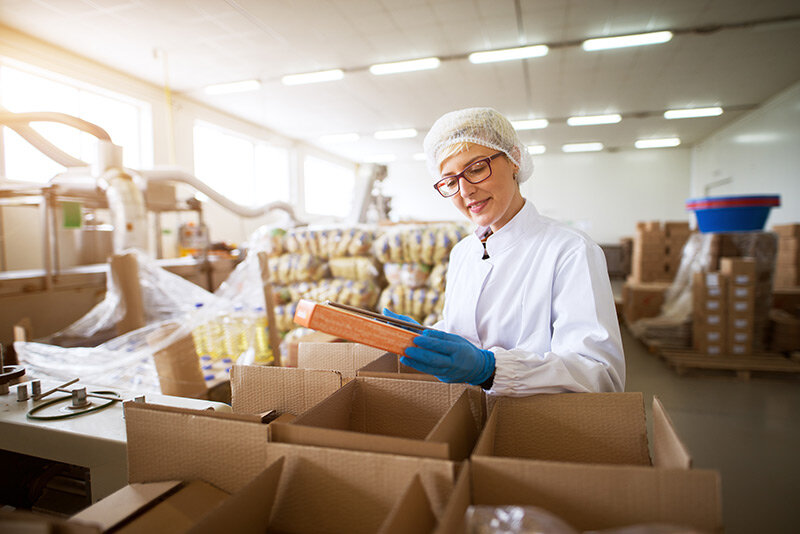
In the pharmaceutical industry, the role of medicine packers is crucial for ensuring that medications are delivered safely and efficiently to patients. Medicine packers are responsible for the final stage of the production line, where they oversee the packaging of drugs into various forms such as bottles, blister packs, tubes, and other containers. This process is not only vital for the protection and preservation of the medication but also for providing essential information to the consumer.
The Importance of Proper Packaging
Medicine packaging serves multiple purposes. It protects the drug from environmental factors such as moisture, light, and air, which can degrade the medication's effectiveness. It also ensures the safety and integrity of the medication during transportation and storage. Furthermore, packaging is an important tool for preventing medication errors by clearly labeling the drug's name, dosage, and administration instructions.
Innovations in Medicine Packaging
The field of medicine packaging is constantly evolving, with new technologies and materials being developed to improve safety and convenience. For example, child-resistant packaging is now a standard for many medications to prevent accidental ingestion by children. Tamper-evident features are also common, providing a clear indication if the packaging has been interfered with.
Sustainability in Packaging
Sustainability is becoming increasingly important in medicine packaging. Pharmaceutical companies are exploring biodegradable and recyclable materials to reduce the environmental impact of their products. This shift not only benefits the environment but also meets the growing consumer demand for eco-friendly products.
The Role of Medicine Packers
Medicine packers play a key role in the packaging process. They operate machinery that fills and seals the medication containers, perform quality checks to ensure that the packaging meets industry standards, and label the products with the necessary information. Attention to detail is critical in this role, as any mistake can lead to serious health risks for patients.
Challenges Faced by Medicine Packers
Despite the importance of their role, medicine packers face several challenges. They must keep up with the high demand for medications while maintaining accuracy and quality. They also need to adapt to new packaging technologies and materials, which requires continuous training and skill development.
The Future of Medicine Packaging
The future of medicine packaging is likely to see more personalized and smart packaging solutions. Advances in technology may lead to packaging that can interact with digital devices to remind patients to take their medication or provide additional information about the drug. These innovations have the potential to improve patient adherence and outcomes.
Conclusion
Medicine packers are an integral part of the pharmaceutical industry, ensuring that medications are safely and effectively delivered to those in need. As technology advances, the role of medicine packers will continue to evolve, requiring ongoing education and adaptation. Their work, often behind the scenes, is essential for the health and well-being of patients worldwide.
This article highlights the significance of medicine packers in the pharmaceutical supply chain, emphasizing their impact on safety, efficiency, and the future of medicine packaging. Their dedication to precision and adaptability is a testament to the importance of their role in healthcare.




